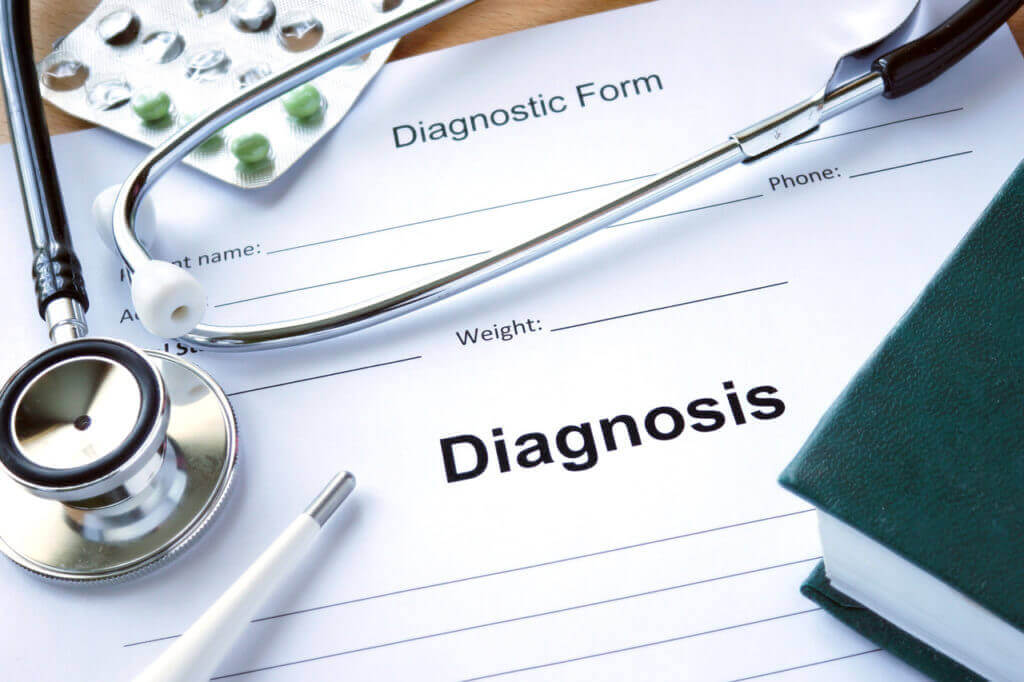Table of Contents
The concepts of health care are constantly changing due to developments in technology, research, and the view of health. Here are five changing healthcare trends to look out for as we approach the year 2025. From AI to precision medicine, the advancements in the future of healthcare trends are more promising than ever.
In this blog, the readers will be introduced to five major healthcare trends that will transform the sector and potentially influence your health. For anyone interested in their health, for those who work in the healthcare industry, as well as for all those who would like to keep abreast of the developments in this area, it is extremely important to know these trends.
Precision medicine: A new approach to deliver healthcare trends
Personalized medicine has earlier been trending, and it is one of the most definitive wellness and healthcare trends predicted for consumption in 2025. Personalized medicine draws from a patient’s genetic makeup, his or her environment, and lifestyle to prescribe medicine that addresses her or his needs without any possibility of a standard remedy applying to all patients. This has massive ramifications for everything from how, for example, medical practitioners address long-term illnesses to how we live our lives healthily each day.
For example, in genomics, physicians are now in a position to diagnose individuals on likely genes to develop particular diseases, including cancer, diabetes, and coronary disease. Knowing one’s DNA gives clinical practitioners more accurate advice on what could be done to either treat or prevent a disease. Personalized medicine could go as far as including individualized prophylactic measures, which included health precaution programs to help one avoid disease in the first place.

How it will Impact you in 2025
Smarter healthcare
- That allows doctors to consider more of a personal nature data in order to provide proper treatment to you.
Targeted treatments
- Two, medicines and treatments will be more efficient because they will reflect the patients’ genetics and the environment they live in.
Better outcomes
- Precision medicine will likely lead to higher rates of positive health results and lower unwanted side effects from treatment.
In 2025 genetic testing, wearable devices, and artificial intelligence platforms are to become determinative in helping you find the best individual healthcare trends.
AI in Medicine: Changing the way of diagnosis and treatment
The use of artificial intelligence in medicine in also rapidly growing, and by the year 2025 AI will be incorporated in research and too as part of care procedures for patients. The application of AI is already in the process of maturing in the diagnosis, treatment suggestions, and patients’ supervision stages. Through neural networks, a lot of information on a patient’s health, more than any doctor could analyze, is sorted through in a relatively short time, providing quite accurate diagnoses.
Diagnosing machines like the diagnostic imaging software may discover diseases including cancer, cardiovascular ailments, and neurological ailments with high levels of accuracy. There are times where AI is capable of observing different things in images that cannot be observed by the human eye. Categories of how AI will make an impact in the future of healthcare trends

Faster diagnoses
- The application of artificial intelligence in doctor’s practices means that diseases are diagnosed faster and more accurately, therefore treatment is commenced earlier, and the effectivity of treatment is improved.
Predictive analytics
- One of the numerous aspects of using AI is that computer programs can determine your health risks, as well as preferences regarding your life routines, which will contribute to a preventive approach to health.
Robotic surgery
- Robot assisted surgeries using artificial intelligence will reduce risks, produce higher accuracy and faster recuperation.
Based on this information it can be concluded that the directions of further development of healthcare in a wide sense, are associated with applications of AI, the limitation of human factors that may cause the deterioration of the patient’s state, and enhancement of the patient’s experience.
Telemedicine and Virtual Health: The Future of Doctor Visits
The Rise in Remote Healthcare trends
Telemedicine has already reached the ‘mainstream’ phase of healthcare solutions, especially during the COVID-19 pandemic, and few believe that its evolution has reached its peak yet. In 2025, telemedicine will be a part of healthcare systems all over the world. Also, virtual consultations with doctors, specialists and therapists will spread and become more available to those who are in remote or under developed areas that don’t have hilly access.
There’s more to telemedicine than talking to your doctor over your computer screen. Over time, it’s evolved to become more integrated, and less remote consultations, more digital health monitoring, and even virtual reality, all meant to improve patient care. Virtual clinics have already replaced traditional brick and mortar doctor’s offices in other countries, replacing everything from routine check ups to specialized care all in the comfort of your own home.

Impacts on You in 2025 by following Healthcare trends
Convenient access
- In addition to saving you time to visit a healthcare professional, you will be able to consult from the comfort of your home.
Cost-effective care
- Virtual health consultations are cheaper than in person visits, which helps to manage the cost of your healthcare.
Better access to specialists
- The availability of highly specialized care will be much easier for patients to access without respect to their location due to remote consultations.
Telemedicine is playing a big role in taking healthcare to the people as the future of healthcare is moving toward convenience and accessibility.
Wearable Health Tech: The growing role
Rapid expansion for medical tech through wearable devices is one of the most exciting healthcare trends for 2025. They are just a taste of fitness trackers like Fitbit, and more recently, Apple Watch. In the years to come, wearables will see much greater advances, and monitor real-time health for lots of conditions.
Wearables will empower users to take control of their health, in ways they wouldn’t be able to without the devices, from continuous glucose monitors to heart rate monitors. Through these devices, the data will be able to go in both directions, from yourself to your healthcare provider for immediate feedback, and from a healthcare provider to you for instant feedback.
The Medical Tech Which Will Change Your Health Journey
Real-time health tracking
- If you’ll be able to see key health indicators on the go, you’ll be able to remain proactive regarding your own well-being.
Early detection
- Continuous monitoring can also help address health issues before they worsen helping to intervene sooner.
Personalized health insights
- Wearables will tell you about what your diet, exercise, and lifestyle are doing to your health, and in a personal way.
With more sophisticated wearables, we’ll probably see AI teamed up with big data to deliver more accurate and meaningful health insights directly to users.
Mental Health and Wellness: New Innovations for Bridging the Gap
A Holistic Approach to Health
By 2025, we’ll have more clarity around how to bring mental health and wellness together through broader integration. It’s well known that mental and physical health are interwoven, and that’s why innovations are happening to tackle this issue. New tools are being developed, from digital therapy platforms to AI-driven support for mental health to help individuals manage their mental wellness.
Particularly, AI-based therapy apps are trending. Using natural language processing (NLP), these apps provide therapy like conversations, mood tracking, and personal mental health tips. They can’t replace our human therapists, but it’s a useful supplement to provide us with some support when we’re in between sessions or for people that have no access to traditional therapy.

Mental Health Innovations and the Future
Accessible mental health support
- Mental health care is becoming more digital and more accessible, especially to those in rural or underserved communities, thanks to digital platforms, AI, and other tools.
Personalized mental health care
- Like physical health, mental health tools will increasingly be more individualized to the needs and preferences of the user.
Integrated care
- Silos of mental health from physical health will no longer exist; it will be included in the broader context of healthcare. Overall, a holistic view of well-being will be achieved.
The technological advancement will fill the gap between the care of mental health and wellness and physical health and stand out by 2025, making the care of mental health and wellness just as important as physical health.
Conclusion: The Future of Healthcare
There is so much incredible possibility ahead in the future of healthcare. The trends for 2025 healthcare include personalized treatments, breakthroughs in AI and medical tech, and things we never knew we needed. Staying informed and embracing these trends can help you benefit from those innovations that will help shape what the healthcare landscape will look like in the coming years.
2025 is going to be an exciting year in the world of health and wellness, whether you’re wanting to improve upon your wellness, manage a chronic condition, or stay ahead of the curve. Stick to these trends and add them in as you see fit to your health adventure!

Can you be more specific about the content of your article? After reading it, I still have some doubts. Hope you can help me.
Thank you for your sharing. I am worried that I lack creative ideas. It is your article that makes me full of hope. Thank you. But, I have a question, can you help me?
Your point of view caught my eye and was very interesting. Thanks. I have a question for you.